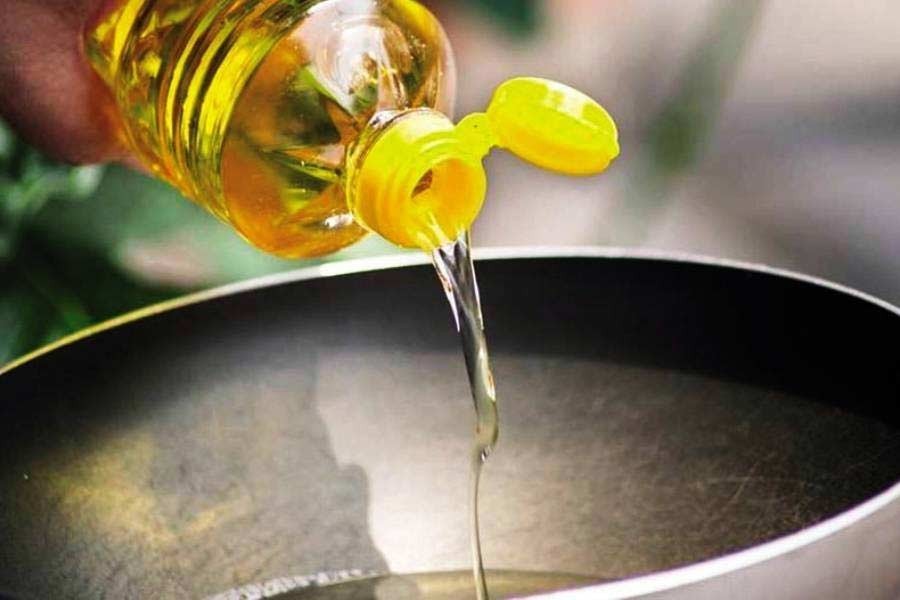The country's central tax authority, the National Board of Revenue (NBR), is learnt to have extended the existing tax concessions that the importers of edible oil, especially, soybean and palm oils, had already been enjoying for another four months until April 30, 2023. Similarly, the existing tax waiver provided at all the stages of production and trading of the edible oils will also continue for the period mentioned. The measure, it is said, has been taken with an eye to keeping the price of this key essential commodity under control during the upcoming Ramadan. Thus the tax regulatory body reportedly took the decision following a recommendation to that effect from the ministry of commerce.
Notably, the NBR, last March drastically cut the Value Added Tax (VAT) on the import of unrefined soybean oil and refined and unrefined palm oil from 15 per cent to 5.0 per cent. At the same time, it withdrew the VAT on producers and sellers of those oils. The measure would remain effective until June 30, 2022, so went the NBR regulatory order. The government measure was meant to give some relief to the consumers, especially, those in the low-income bracket who were reeling from the uncontrolled rise in the prices of edible oil and other key essential commodities. And not without any justification, the runaway price hike of edible oil and other essentials was blamed largely on stockpiling of those commodities by dishonest trade syndicates. Unsurprisingly, there was no improvement in the edible oil's price situation despite the tax benefits offered to its importers, refiners and traders. Even so, the tax authority decided to extend the VAT concession and exemptions for the second time till September 30. Later, on October 4, the NBR continued the VAT exemptions on all types of refined edible oil at the production and supply stage and the concessionary tax benefits remained valid till December 31, 2022.
Now the question is, will the NBR's fresh extension of the VAT concessions including exemptions provided to the importers, refiners and distributors of the key kitchen item finally benefit the consumers? To go by the Trading Corporation of Bangladesh (TCB)'s data, retail prices of loose soybean oil in the Dhaka market at the beginning of the New Year ranged between Tk 167 and Tk 180 per litre. That was an increase by 2.9 per cent over the prices of loose soybean oil a week before. The picture was similar for the prices of packaged soybean oil which was selling between Tk 187 and Tk 190 per litre registering a 3.2 per cent increase over what those were in the previous week.
So far, the consumers could hardly draw any benefit from the measures the government took to tame the volatile edible oil market. For example, when the price of palm oil declined markedly in the international market in the first week of November last year, the price of the same went up in our domestic market as reflected by the commodity's price levels in the country's largest wholesale market at Khatunganj in Chattogram. But given the VAT concession the palm oil importers and distributors were enjoying, it should not have been the case. Against this backdrop, the government would be required to mount a strict monitoring regime so that any devious syndicate out to manipulate and thereby destabilise the edible oil market during Ramadan might be busted and penalised then and there.


